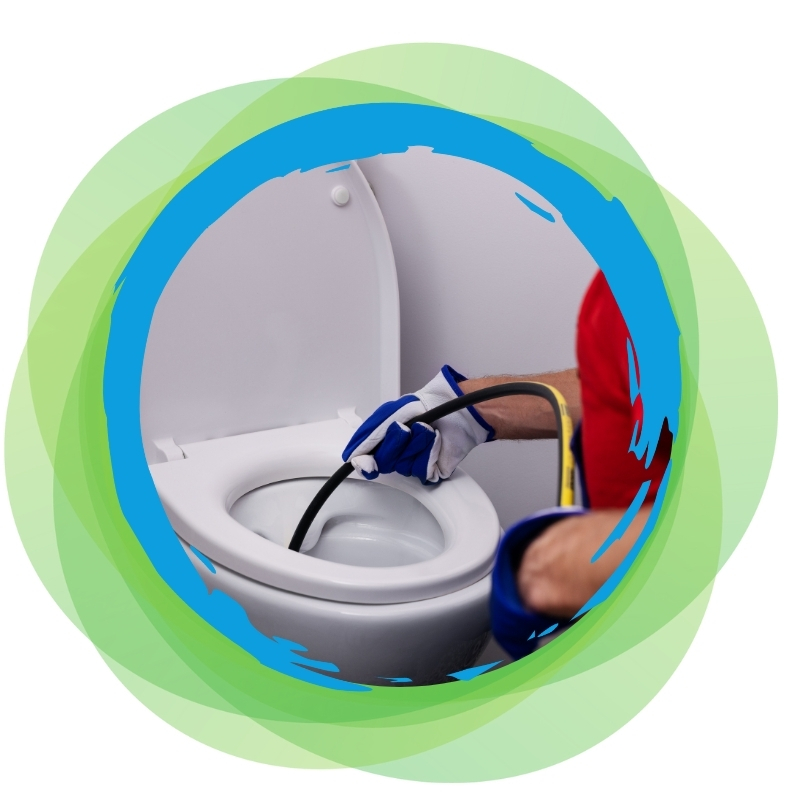A clogged drain isn’t just a minor inconvenience—it can disrupt your day-to-day and trigger more serious plumbing concerns if ignored. You might be able to clear the occasional blockage yourself. Still, if it happens regularly or starts affecting multiple fixtures, it’s likely time to bring in a professional. Learning to spot the early signs of a major drain issue could save your home from water damage, nasty odours, and costly repairs. This blog explores the common warning signals, the risks of neglect, and what a clogged drain plumber can really do for your peace of mind.
Why do recurring blockages become such a major headache?
One-off blockages are frustrating enough, but if you’re dealing with them week after week, there’s usually a more serious issue behind them. The main culprits behind persistent clogs include:
- Old or corroded pipes that trap debris and restrict water flow: Over time, mineral build-up and rust reduce internal pipe diameter, creating a bottleneck.
- Tree roots breaking into underground lines, especially in older suburbs: Roots search for moisture and can easily invade small pipe cracks, eventually forming solid blockages.
- Poor drainage design, such as sharp pipe angles or incorrect slopes, creates choke points in the system where debris collects and accumulates.
Beyond being annoying, recurring clogs can waste your time and cost a small fortune in repairs if they’re not appropriately sorted. Ignoring them often leads to bigger plumbing dramas down the track.
What signs point to a seriously clogged drain at home?
Recognising the early red flags can help you act fast before things get worse. Some signs are apparent, others sneak up on you. Here’s what to watch for:
- Water is draining slowly from sinks, showers, or bathtubs: This often suggests a partial blockage further down the line.
- Toilets bubbling or draining sluggishly, even when used correctly: Air trapped in pipes due to obstructions causes these strange reactions.
- Foul smells are coming up from the drains, especially in the kitchen: Rotting food or organic waste stuck in the pipes emits lingering odours.
- Water backing up into other fixtures, such as the shower or laundry tub, is a serious sign of a blockage in the main drainage line.
- Strange sounds, such as gurgling or sucking noises when draining: These indicate improper airflow caused by clogs or venting problems.
- Strange sounds, such as gurgling or sucking noises when draining
If multiple signs appear at once, it may be time to explore effective solutions for recurring drain issues.
Could ignoring a blockage lead to more significant plumbing issues?
A minor clog might seem harmless at first. But if you put off dealing with it, you’re asking for trouble. Here’s what can go wrong if you don’t act:
- Pipe damage: Pressure builds up behind the blockage.
- Sewage backflow, which is not only revolting but also poses serious health risks
- Water damage to flooring and walls from overflow
- Mould growth in hidden places due to lingering dampness
And let’s not forget the stink. Persistent drain smells can make your home feel less livable, especially in humid conditions. Ignoring minor problems often leads to big bills—it’s just not worth the risk.
Which methods work to clear blocked drains?
From home remedies to professional tools, not all methods are created equal. While some clogs are easy to shift with elbow grease, others need serious gear.
Here’s a comparison of common methods:
| Method | Best For | Limitations |
| Plunger | Surface clogs in toilets/sinks | Won’t reach deep or stubborn blockages |
| Drain snake (manual) | Hair clogs in bathroom drains | Can scratch pipes if misused |
| Motorised auger | Deep, stubborn pipe obstructions | Requires training to avoid pipe damage |
| Hydro jetting | Thick grease and tree root buildup | Not suitable for fragile old pipes |
| Boiling water + dish soap | Grease in kitchen sinks | Temporary; won’t solve recurring issues |
Household tricks might work once or twice, but they won’t stop the problem from coming back. The right approach depends on the type of clog and the health of your pipes.
What Can a Clogged Drain Plumber Do That DIY Can’t?
Even the handiest Aussie can only get so far with a plunger and YouTube. A licensed clogged drain plumber brings the skills, experience, and gear to fix the issue at its source. They can:
- Use drain cameras to pinpoint precisely where and what the blockage is. These devices provide plumbers with a clear internal view of their pipes, eliminating the need for invasive digging.
- Operate hydro jetting tools to clean your pipes without damaging them. This high-pressure method clears sludge, roots, and buildup more effectively than traditional cable methods.
- Spot early signs of pipe failure that most people miss: Cracks, corrosion, and alignment issues often go unnoticed until they cause significant problems.
- Provide solutions that prevent clogs from recurring: Whether it’s pipe relining or adjustments to pipe angles, preventive strategies save future headaches.
These aren’t things that can be addressed with surface-level fixes. If there’s a pattern of blockages, a professional diagnosis makes all the difference.
Are Blocked Pipes and Gurgling Sounds Related?
Absolutely. Gurgling is more than just an odd noise—it’s the plumbing system signalling an imbalance. This often happens when:
- One drain is affecting another (e.g. flushing the toilet causes the sink to bubble)
- Air is trapped in the pipes due to a partial clog
- There’s a blockage in the vent pipe, which helps equalise air pressure
Gurgling can also be an early indicator of main sewer line trouble—a critical issue that professionals should handle.
When is the right time to call in a plumbing expert?
Some clogs clear on their own, but many don’t. It’s best to bring in a professional clogged drain plumber when:
- DIY efforts repeatedly fail
- Several fixtures are clogged at once
- Drain water begins to back up
- Bad smells linger around the house
- Plumbing issues disrupt everyday routines
For further maintenance tips, it’s helpful to browse this practical advice from the Australian Building Codes Board.
Final Thoughts
Plumbing issues often start small and gradually worsen until they become hard to ignore. Slow drains, strange noises, and unpleasant odours are all signs that something more serious is amiss. When the usual tricks stop working, it’s time to seek out trusted help. For lasting results and trusted service, consider a helpful walkthrough from Eco Plumbers.

